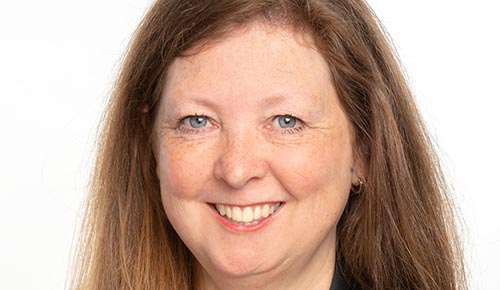
Lisa Hartling is one of four Canada Research Chairs in the Department of Pediatrics.
Established in 2000, the Canada Research Chairs Program (CRCP) stands at the centre of a national strategy to make Canada one of the world's top countries in research and development. Chairholders aim to achieve research excellence in engineering and the natural sciences, health sciences, humanities and social sciences. The Department of Pediatrics now has four Canada Research Chairs. Meet the newest addition.
Lisa Hartling
Professor, Department of Pediatrics, Division of Pediatric Emergency Medicine
Women and Children's Health Research Institute member
Stollery Science Lab Distinguished Researcher
Canada Research Chair in Knowledge Synthesis and Translation
Each year, billions of dollars are spent on health research to develop new knowledge and innovations. Yet the translation of health research into action, also known as knowledge translation, is often slow and unplanned.
Failure to implement the best available research in health care is widespread. Evidence shows that not all patients receive treatments that research has shown to be effective, and a good portion of patients get treatments that are not needed or may be harmful. It is also recognized that patients and health providers do not always have the information needed to make the best decisions possible.
There is growing recognition that inefficiencies in health care stem, in part, from a gap between research (what we know) and practice (what we do). Through her work, Lisa Hartling, Canada Research Chair in Knowledge Synthesis and Translation, is driving efforts to address the research-to-practice gap.
Knowledge synthesis brings together the best available research evidence for informed decision-making. Hartling is focused on increasing knowledge synthesis efficiencies through advanced methods, machine-learning and open-science approaches. She also aims to grow knowledge translation by sharing research evidence with end-users in meaningful ways.
With better research informing clinical practice, Hartling's work will help ensure that health-care providers, decision-makers in government, and patients and their families have the information needed to make the best possible choices for better health outcomes.